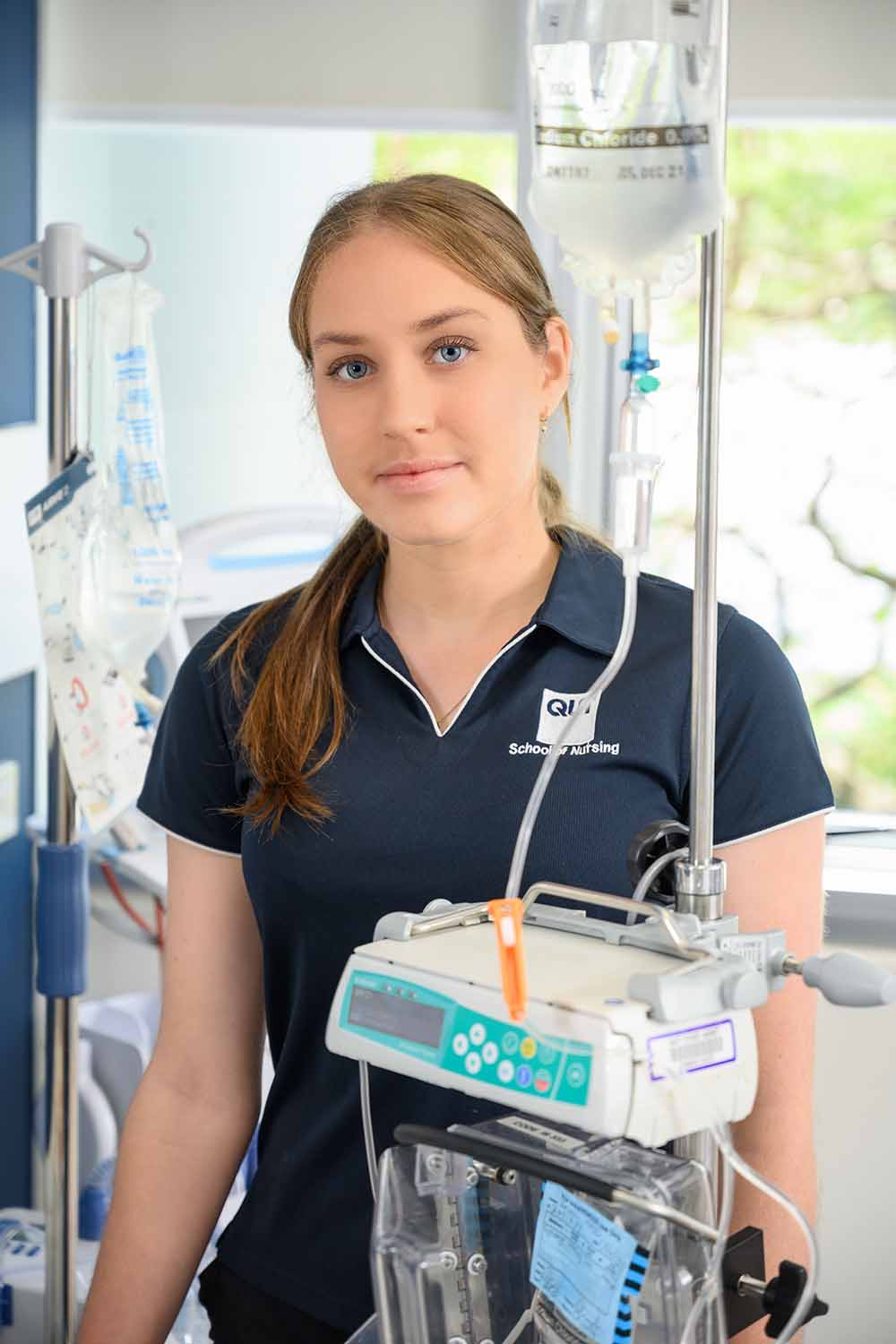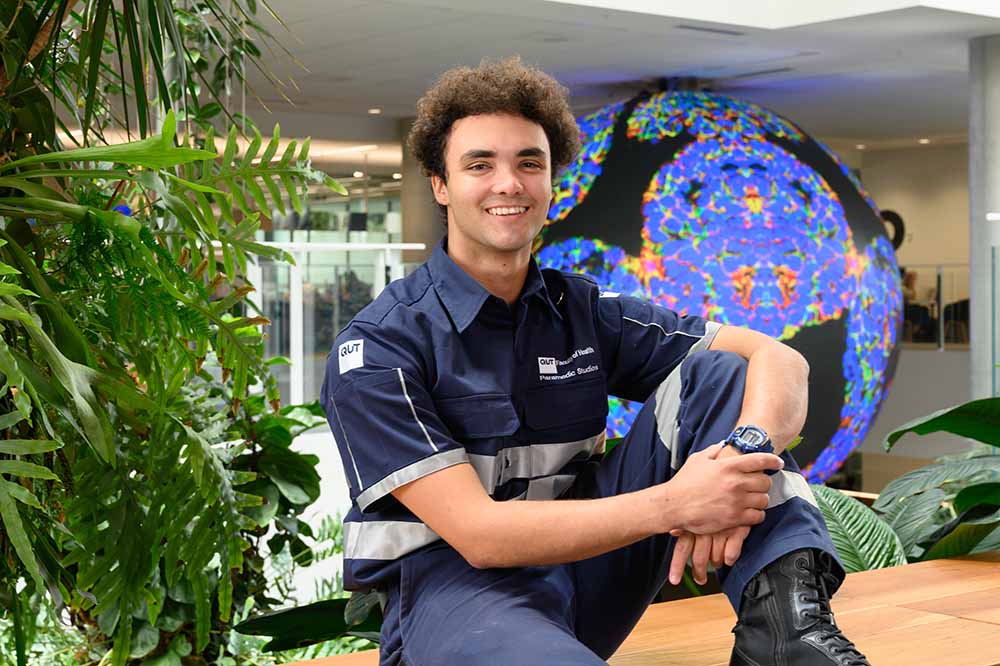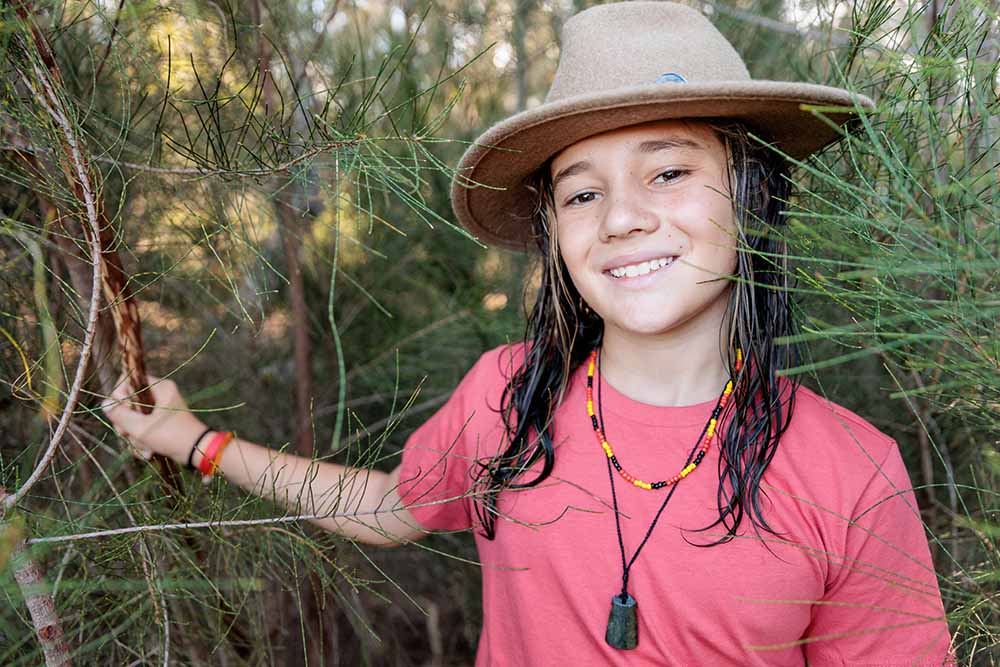
Jed Fraser, 16 November, 2022
When Bidjara and Mandandanji man Jed Fraser studied the Bachelor of Exercise and Movement Science at QUT he learnt how to improve health at an individual level. He returned to study the Master of Public Health to widen his focus, and influence the social and cultural determinants of healthcare delivery.
Working for Indigenous Allied Health Australia, Jed leads programs that expand and develop the Aboriginal and Torres Strait Islander allied health workforce. These programs are culturally responsive and are embedded in Indigenous ways of knowing, being and doing.
Why did you choose to study the Master of Public Health?
'If the COVID-19 pandemic showed the world anything, it is the value in public and population health. I wanted to study public health to get an understanding of how to co-design, implement and evaluate public health initiatives for Aboriginal and Torres Strait Islander peoples and communities.'


What made you choose this aspect of healthcare?
'Aboriginal and Torres Strait Islander people are still racially discriminated against within the health sector. Building the local health workforce mitigates this. I wanted to support the existing Aboriginal and Torres Strait Islander allied health workforce, but also engage in national conversations that drive strategic and critical thinking for health and workforce policy.'
What do you find rewarding about your role?
'Working with young Aboriginal and Torres Strait Islander people within communities and seeing that they are inspired to work in health, but also how they take away health knowledge and improvement in health literacy so they can advocate for their own health.'


Why did you choose to study at QUT?
'I wanted to explore components of health that I was interested in, that also linked to my work. I appreciated that I could bring my lens as an Aboriginal person to the course content and assessments.
A big selling point for me was the flexibility around the final semester of the masters program. I was able complete a dissertation on a topic I was passionate about, implementing the research skills I had developed throughout the course.'
What advice would you give to someone considering the Master of Public Health?
'The degree itself will test your intellectual capabilities in a good way. Academic staff encourage critical thinking and debate within classes, which translated into making me a better public health professional. The academics are also very supportive across the whole masters program, I felt valued as a student.
The opportunities are endless when it comes to public health. I would say that utilising your health passion, whatever that is, and pursuing that passion in your degree will build your knowledge so that you can implement change in the workforce post study.'
